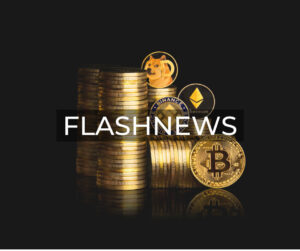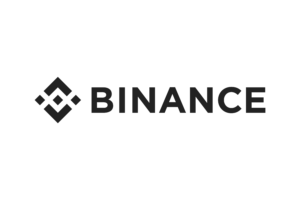Digital currencies have won some begrudging acceptance in two of the world’s economies as their governments move to regulate cryptocurrencies.
China – the world’s second largest economy behind the US – has seen the country’s central bank admit that moving to a digital economy is inevitable even though policy makers are in no rush to regulate the market.
Russia – the number 12 economy – is also considering the regulation of digital currencies and initial coin offerings.
Both announcements come on the back of The White House acknowledging cryptocurrencies are a rising economic force and that sooner or later the US will have to recognise or regulate to control the market.
In China, the People’s Bank of China has stated regulation will depend on how trials progress and technology develops.
“Real time digital currency is inevitable and is likely to eventually replace paper money and coins, but it is important to be wary of how the financial system and investor influence digital currency,” said bank president. “Virtual currency is not integrated with existing financial products or the spirit that finance serves China’s economy, so the government should not rush into digital currency.”
In Russia, a new cryptocurrency federal law is moving through parliament and MPs have moved to water down the tax implications for investors. The government is concerned that cryptocurrency trading will trap investors into losing money without realising the risks.
Other governments are also looking at regulating the growing cryptocurrency sector. Japan, Switzerland, Belarus, Armenia already have legislation in place, while Britain and other EU nations are looking at drafting regulations.
Some countries are looking at the possibility of introducing their own official digital currencies. Cash-strapped Venezuela has already dipped a toe in the water in a bid to refill the government’s empty coffers with much-needed foreign exchange. President Nicholas Maduro claims the ‘petro’ has already raised £750 million in a day. The currency is linked to untapped oil assets belonging to the South American nation.
Source: link








